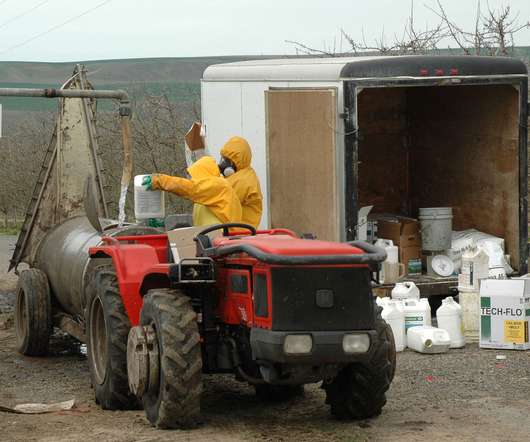Air Quality Monitoring Networks Support More Climate-Resilient Communities
Energy Innovation
JANUARY 19, 2024
This post is the fourth in a series titled “Real Talk on Reliability,” which will examine the reliability needs of our grid as we move toward 100 percent clean electricity and electrify more end-uses on the path to a climate stable future. It was written by Savannah M. Communities across the U.S. 2019 ; D’Evelyn et al.,














Let's personalize your content